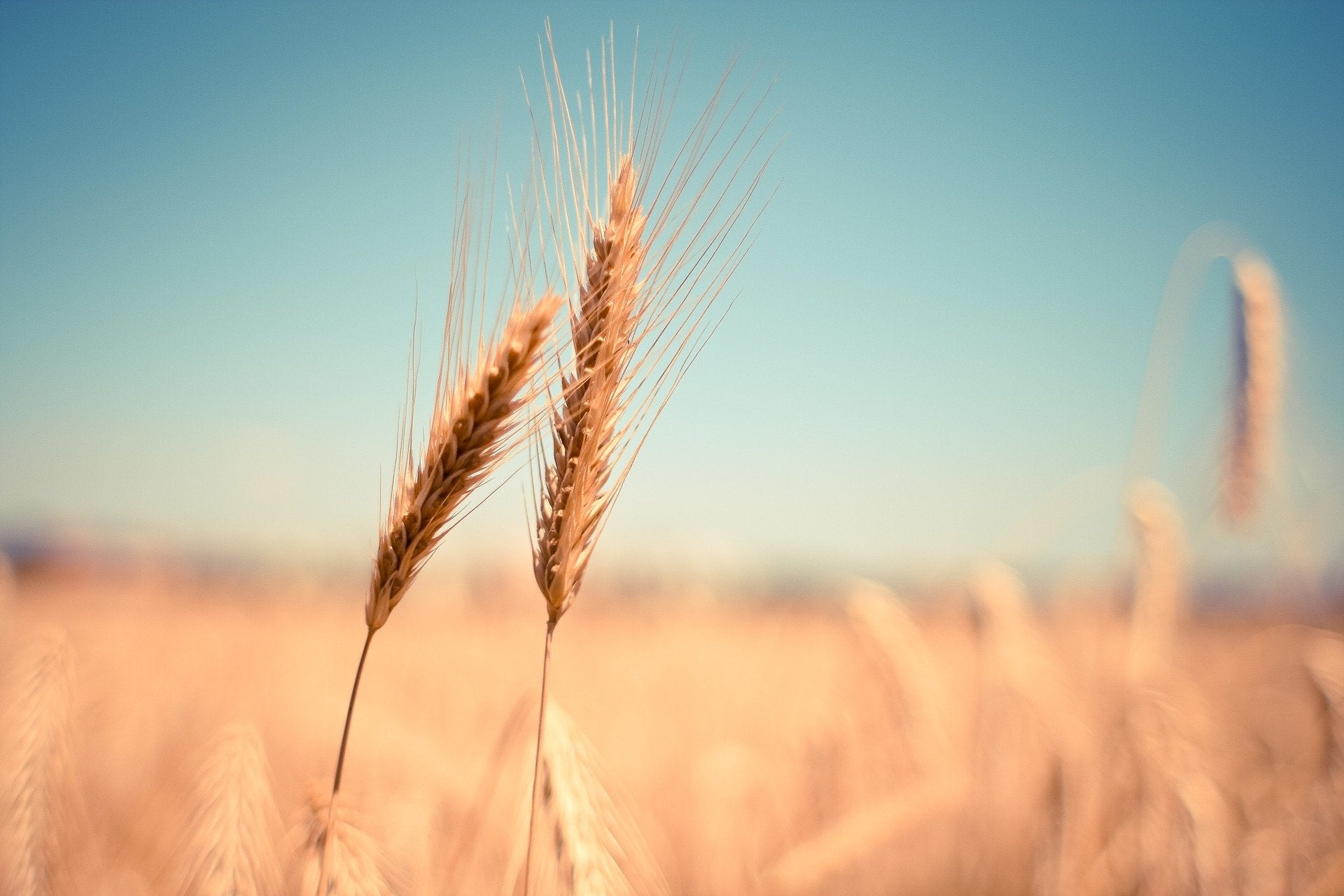[ad_1]

A hard-hitting report from the World Economic Forum (WEF) suggests high food and energy costs are likely to persist for the next two years and constitute the biggest risk to economies in the short term.
The WEF’s Global Risks Report 2023, published yesterday (11 January) ahead of next week’s meeting of world leaders in Davos, explores some of the most severe risks we may face over the next decade. It found the cost-of-living crisis linked to the Covid-19 pandemic and, more recently, Russia’s invasion of Ukraine topped the list of concerns in its survey of more than 1,200 global experts, policymakers and business leaders.
The report said the return to a “new normal” following the pandemic was quickly disrupted by the outbreak of war in Ukraine, ushering in a fresh series of crises in food and energy.
“Governments and central banks could face stubborn inflationary pressures over the next two years, not least given the potential for a prolonged war in Ukraine, continued bottlenecks from a lingering pandemic and economic warfare spurring supply chain decoupling,” it said.
It added: “The economic after-effects of Covid-19 and the war in Ukraine have ushered in skyrocketing inflation, a rapid normalisation of monetary policies and started a low-growth, low-investment era.”
The report, which has become an annual fixture ahead of the Davos meeting, also linked the focus on the immediate crisis surrounding food and energy costs and supply to longer-term concerns around climate change and food security.
“As current crises divert resources from risks arising over the medium to longer term, the burdens on natural ecosystems will grow given their still undervalued role in the global economy and overall planetary health,” it said, adding “the interplay between climate change impacts, biodiversity loss, food security and natural resource consumption will accelerate ecosystem collapse, threaten food supplies and livelihoods in climate-vulnerable economies, amplify the impacts of natural disasters, and limit further progress on climate mitigation”.
The report stressed the interconnected nature of global risks and said current economic concerns could undermine collaboration between countries to tackle longer-term problems.
“Tougher trade-offs risk eroding climate action, human development and future resilience,” it said.
It warned leaders headed to Davos for the 2023 summit that the erosion of cooperation to focus on domestic problems unilaterally could result in polycrises – where disparate crises interact so that the overall impact far exceeds the sum of each part.
It said interrelated environmental, geopolitical and socio-economic risks relating to the supply of and demand for natural resources, including food, could spark a humanitarian as well as an ecological crisis.
The report argued that a “window for action” on the most serious long-term threats is closing rapidly.
“Concerted, collective action is needed before risks reach a tipping point,” it said.
China’s food industry enters uncertain 2023 amid end to zero-Covid policy
[ad_2]
